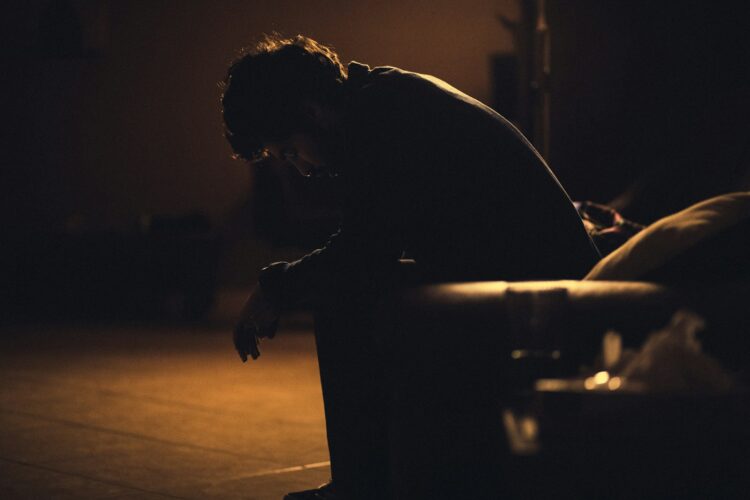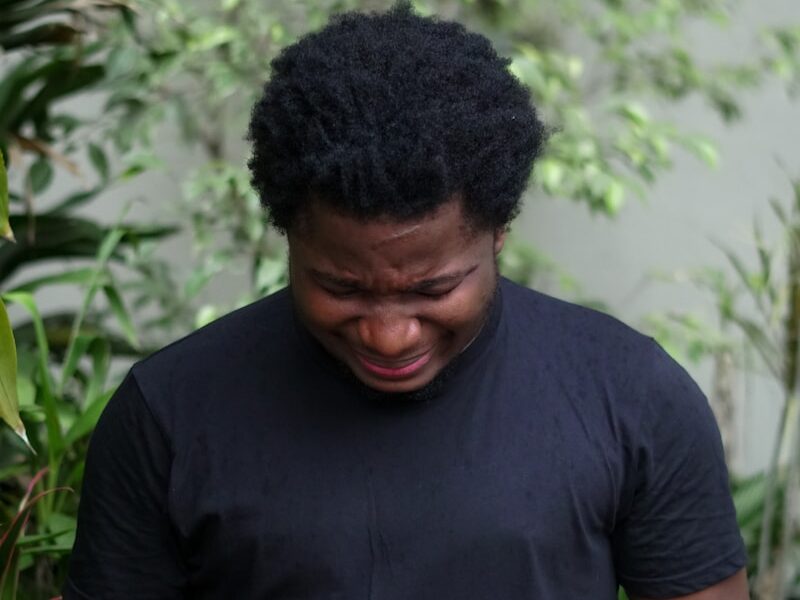
The way we love as adults is often shaped by the way we were loved as children. Childhood experiences, whether nurturing or painful, leave deep imprints on how we trust, communicate, and connect. Some wounds are subtle and hard to notice, but they show up in how we give and receive love. Recognizing these patterns is the first step toward breaking free from them.
Fear of Abandonment

If you grew up feeling like love was inconsistent, you may fear being left behind as an adult. This can show up as clinginess, constant worry about a partner’s feelings, or difficulty trusting that they will stay. The fear of abandonment often drives people to overcompensate, sometimes pushing their partners away in the very attempt to hold them closer.
Struggling With Trust

Children who were let down by caregivers often carry mistrust into adult relationships. They may question a partner’s honesty, doubt their intentions, or constantly look for signs of betrayal. Even small issues can trigger deep suspicion. While a cautious heart can protect you, constant mistrust can block intimacy and leave partners feeling unappreciated, no matter how loyal they are.
Avoiding Emotional Vulnerability

If expressing emotions as a child led to criticism, rejection, or punishment, you may have learned to hide your feelings. As an adult, that shows up as keeping walls up, avoiding intimacy, or shutting down when conversations get too personal. The fear of being hurt again keeps love at a surface level, even when both people want more closeness.
People-Pleasing

Children who grew up trying to keep the peace often become adults who sacrifice their own needs for others. In relationships, this can look like always saying yes, ignoring boundaries, and prioritizing a partner’s happiness over their own. While it may seem selfless, people-pleasing creates imbalance, and resentment builds when your needs go unmet over time.
Constant Need for Reassurance

If love felt uncertain in childhood, you may crave constant affirmation as an adult. This can look like repeatedly asking, “Do you love me?” or needing frequent validation to feel secure. While reassurance is healthy in moderation, when it becomes constant, it can exhaust relationships. Partners may feel drained, while the anxious partner never fully feels satisfied.
Fear of Conflict

Children who grew up around shouting, criticism, or tension often learn to avoid conflict at all costs. As adults, they may keep quiet even when something bothers them, fearing that speaking up will cause rejection or anger. Over time, unspoken issues pile up, creating silent distance. Avoiding conflict may feel safe, but it prevents real intimacy from growing.
Difficulty Setting Boundaries

If boundaries weren’t respected in childhood, it can be hard to create them in adult love. People may give too much, allow mistreatment, or struggle to say no. They confuse sacrifice with love, even when it hurts them. Without healthy boundaries, relationships become unbalanced, and one person ends up feeling taken advantage of instead of respected.
Overreacting to Distance

For those who felt neglected as kids, even small amounts of distance can feel threatening. A partner being quiet or busy may trigger panic, leading to accusations or desperate attempts to reconnect. This creates strain, because normal space in a relationship is misread as rejection. Childhood neglect makes absence feel unbearable, even when it’s temporary and harmless.
Choosing Emotionally Unavailable Partners

People who didn’t get consistent love as children often unconsciously seek out partners who are distant or detached. It feels familiar, even though it hurts. The chase for affection recreates the same longing they felt as kids. This pattern makes them stuck in relationships where they work hard for scraps of love, repeating old wounds without realizing it.
Self-Sabotaging Love

If love in childhood felt unsafe, chaotic, or conditional, it may feel uncomfortable when it’s healthy. Some adults push away good partners, pick fights, or end relationships abruptly because stability feels unfamiliar. Subconsciously, they recreate the dysfunction they grew up with, because chaos feels more normal than peace. This self-sabotage keeps them from experiencing the love they actually want.
Fear of Intimacy

When children don’t learn to safely attach to caregivers, closeness in adulthood can feel overwhelming. Even when they crave love, they may pull back when things get too serious. They may choose casual relationships over commitment because vulnerability feels dangerous. This fear of intimacy isn’t about not wanting love, but about not knowing how to let it in without fear.
Emotional Numbness

Some children learn to cope with pain by shutting off their feelings. As adults, they may struggle to express emotions, comfort their partner, or even recognize what they feel themselves. This emotional numbness protects them from hurt but also blocks joy, closeness, and empathy. Love feels incomplete when one partner cannot fully connect on an emotional level.
Overcompensating Through Achievement

For children who only felt valued when they achieved something, adult love can become tied to performance. They try to earn love by being successful, attractive, or overly giving. While their effort looks impressive, deep down, they fear they’re not lovable without accomplishments. Relationships become exhausting when love feels like something that must always be earned.
Feeling Unworthy of Love

If children were criticized, rejected, or ignored, they may grow into adults who secretly feel unlovable. They may tolerate poor treatment, settle for less, or push away healthy partners because they don’t believe they deserve better. This wound creates a cycle of unhappiness, where self-doubt keeps them locked in unfulfilling relationships instead of being open to real love.
Repeating Family Dynamics

One of the clearest ways childhood wounds show up is through repeating what feels familiar. A person who grew up with controlling parents may find themselves with controlling partners. Someone raised in chaos may unconsciously recreate chaos in their own love life. These patterns are rarely intentional but reflect how deeply our childhood experiences shape our choices in love.

